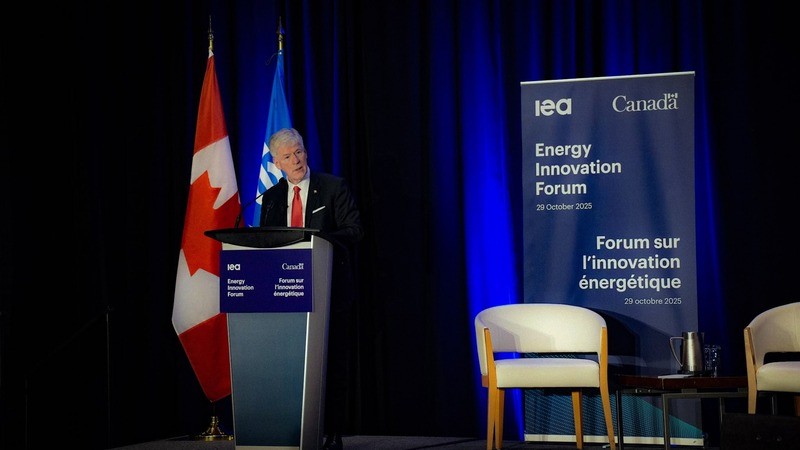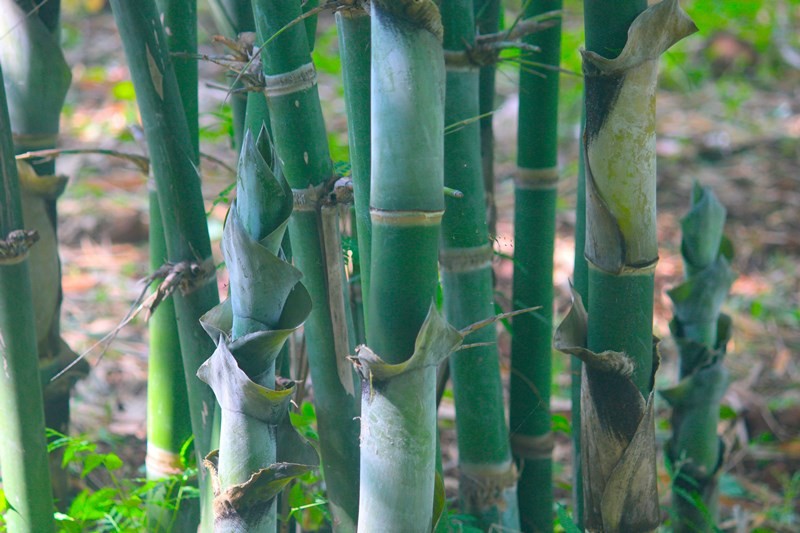China halts cooperation with Pakistan in energy, tourism, climate change, water under CPEC: Report
Beijing: China has declined to continue cooperation in the sectors of energy, water management, and climate change in the ambit of the China-Pakistan Economic Corridor (CPEC), indicating a strain in the longstanding alliance between the two nations, The Express Tribune reported citing 11th Joint Cooperation Committee (JCC) meeting for the CPEC.
Pakistan, facing financial difficulties, also dropped its opposition to the establishment of a new coal-fired power plant in Gwadar, Balochistan, and acceded to various Chinese requests to address Beijing's concerns the report said.
The JCC serves as a key decision-making body for the CPEC, and while the meeting was held virtually in October of the previous year, the minutes were signed almost a year later in July.
This delay brings to light the disagreement between both sides that led to the prolonged consensus.
The report also noted that the final draft presented to Beijing by Pakistan and the ultimately signed minutes differed in several aspects.
This Chinese reluctance underscores the challenges faced in deepening economic ties between the two nations.
The CPEC, valued at USD 60 billion, links Gwadar Port in Pakistan with China's Xinjiang province and stands as a flagship initiative of China's extensive Belt and Road Initiative (BRI).
This global collaboration aims to expand Chinese influence through infrastructure projects funded by Chinese investments worldwide.
The CPEC includes various ongoing infrastructure projects initiated in Pakistan since 2013, a matter India has raised concerns about due to its passage through Pakistan-occupied Kashmir (PoK).
According to the final minutes of the 11th JCC, China did not agree to several measures proposed by Pakistan in the fields of energy, water management, climate change, and tourism across various regions.
This included excluding cooperation in cross-border tourism in several areas and declining Pakistan's suggestion to incorporate Water Resources Management, Climate Change, and Urban Infrastructure Development into the CPEC framework. Additionally, China rejected the proposal for a new joint working group on water resources management and climate change.
The issue of financial challenges faced by power companies was also excluded from the final minutes.
China also did not accept the proposal for a 500kv transmission line linking Hub to Gwadar, aimed at integrating the seaport city into the national grid within the CPEC framework.
China did not agree to "carry out joint studies for future development of Thar coal blocks, including development of mega power parks and power evacuation infrastructure, with a view to meet Pakistan's energy needs from indigenous resources, conversion of coal into other products for domestic demand as well as exports", the report said
IBNS
Senior Staff Reporter at Northeast Herald, covering news from Tripura and Northeast India.
Related Articles

Hindu candidate claims Jamaat will protect and ‘pamper’ minorities if voted to power in Bangladesh
Bangladesh’s Islamist party Jamaat-e-Islami has fielded a Hindu candidate, Krishna Nandi, from the Khulna-1 constituency for the upcoming general elections, a move widely seen as an attempt to reach out to minority communities amid recent attacks on Hindus across the politically unstable country.

Civilian train hit as Russian strikes leave 12 dead in Ukraine
At least 12 people were killed after alleged Russian strikes targeted energy infrastructure and a passenger train overnight in Ukraine on Tuesday, according to media reports.

A temple linked to Lord Ram’s son has reopened—And it’s inside Pakistan
A historic Hindu temple dedicated to one of Lord Ram’s sons has been fully restored and opened to the public at Lahore Fort in Pakistan’s Punjab province.

If Canada wants to be an energy superpower, we need to be trading with India: Canadian Energy Minister Tim Hodgson
Goa: Canada's Minister of Energy and Natural Resources, Tim Hodgson, highlighted India as a pivotal energy market ahead of his attendance at India Energy Week in Goa.
Latest News

Doctors are surprised: Bamboo shows incredible superfood potential, shows survey

CM inaugurates personalized adaptive learning Labs in 210 Schools

Drugs, narco-terror, security: Why the US–India meeting in Washington matters?

Zero power bills, extra income: 740 consumers earn by selling solar power in Tripura in present quarter

